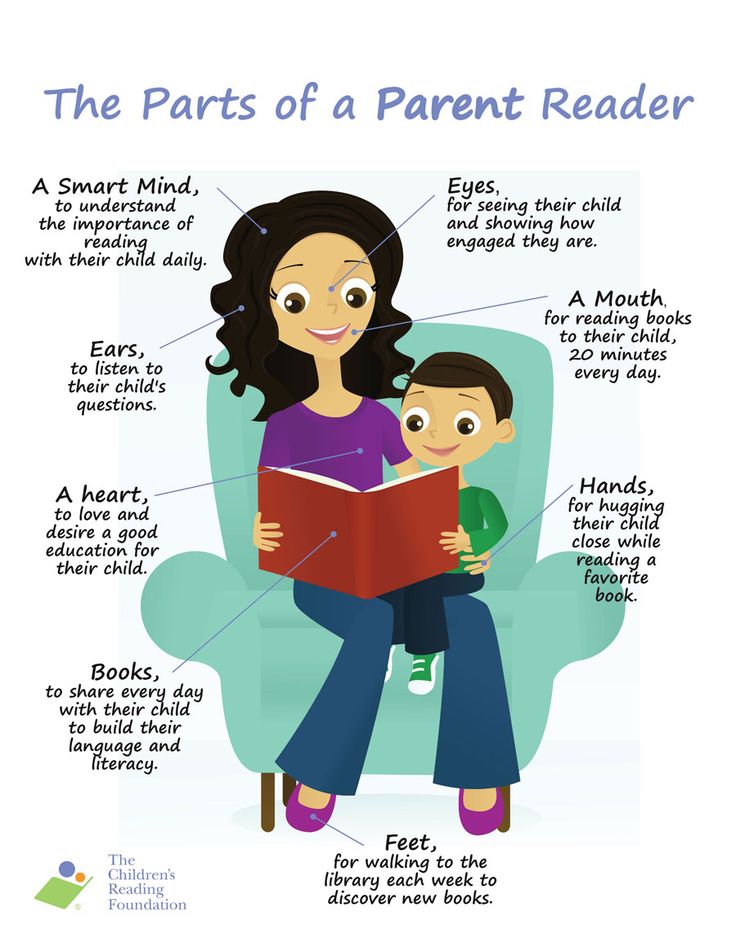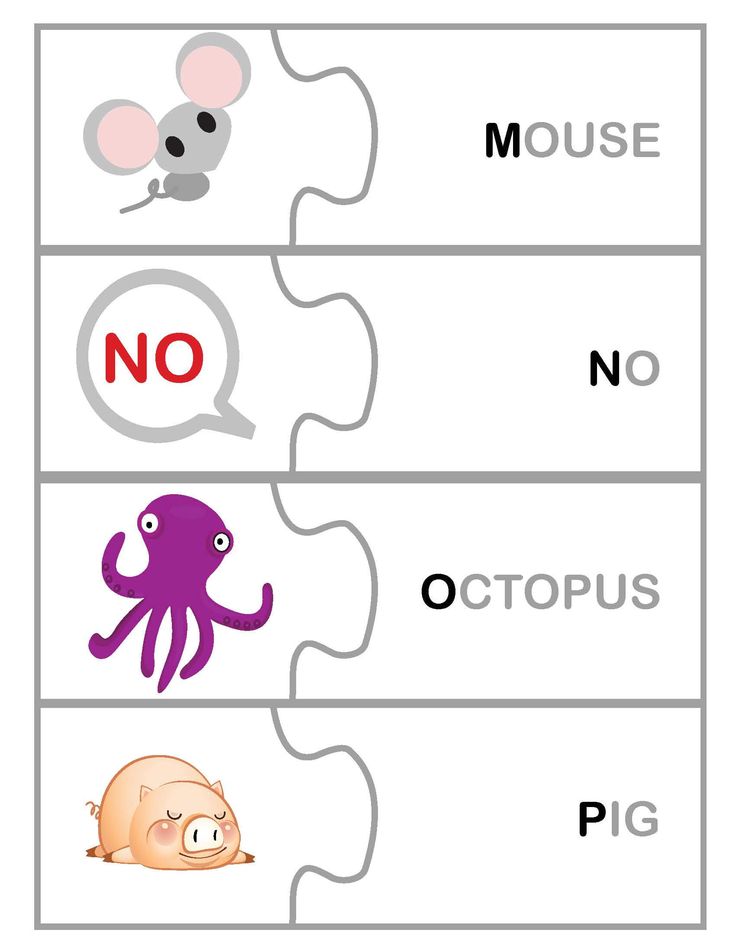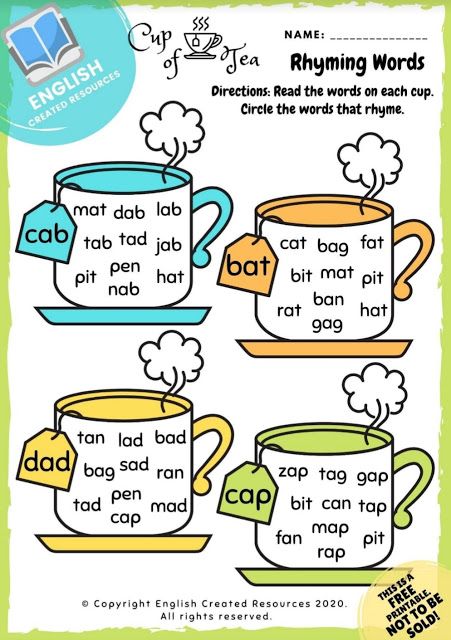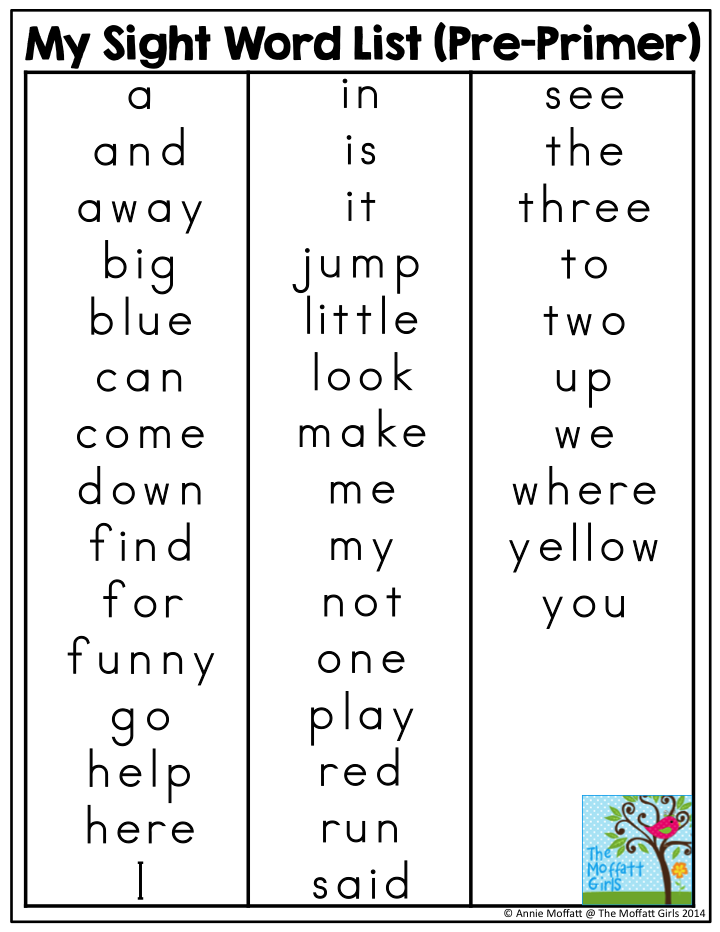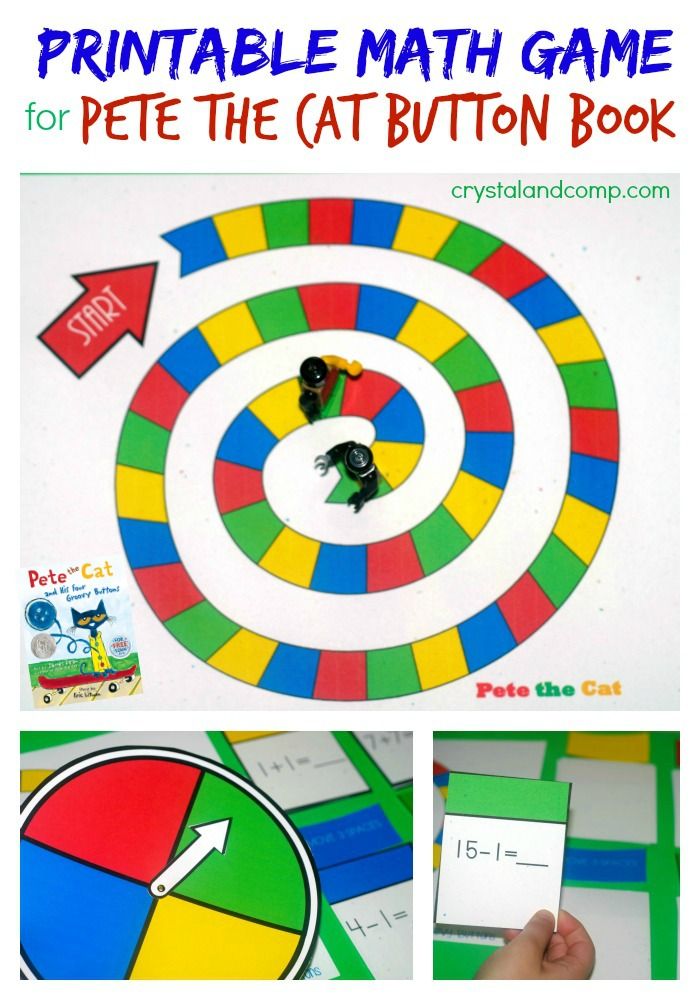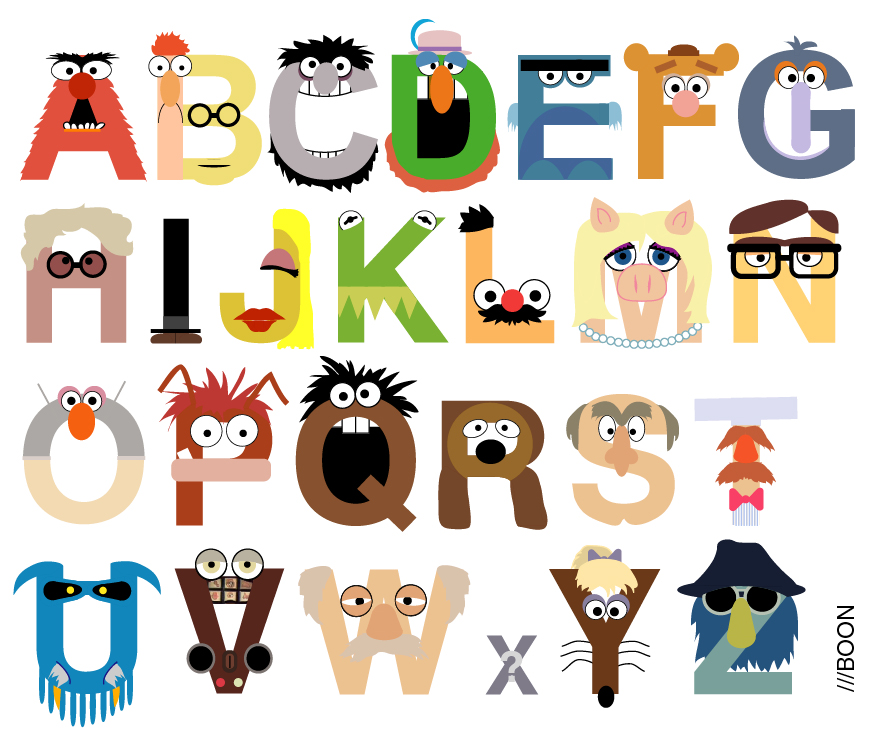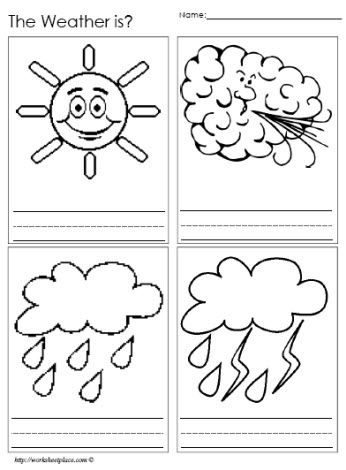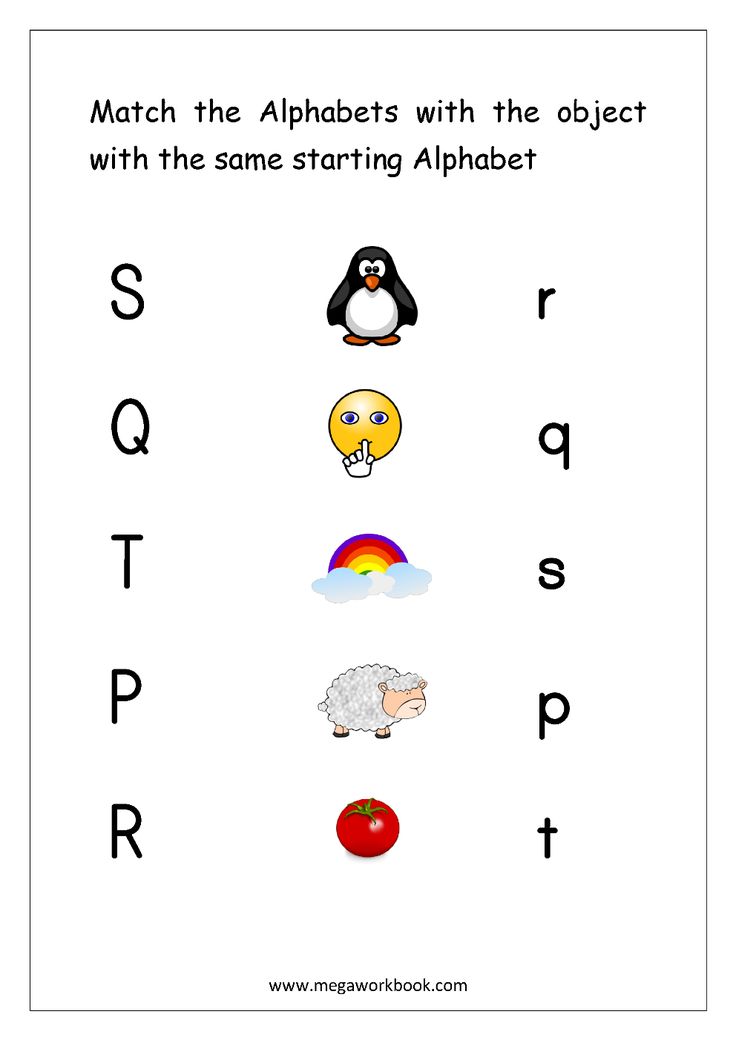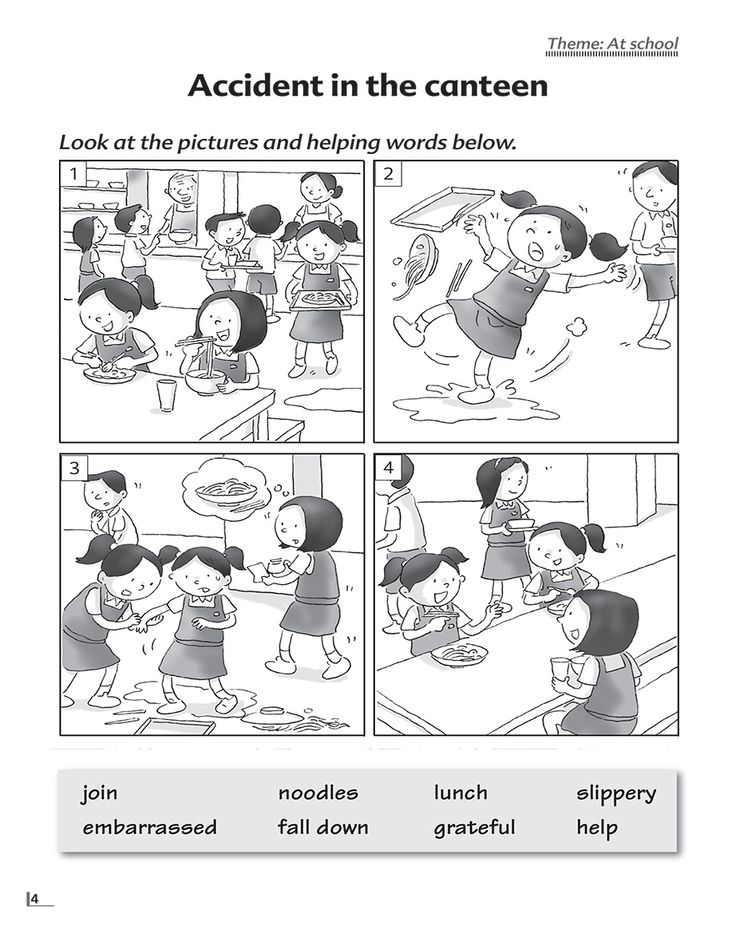How to help children with reading
Tips to Help Children Learn to Read
Written by Dayva Segal
In this Article
- Read Out Loud to Your Children
- Other Tips to Help Your Children Learn to Read
- What to Do if Your Child Is Having Trouble With Reading
Reading is an important skill that children will use daily for the rest of their lives. While many children learn to read at school, parents can enhance the experience by offering support at home. This support can begin as soon as your child is born.
Read Out Loud to Your Children
Experts agree that reading out loud to your children is the best way to help them learn to read. Start when your child is a newborn baby and continue throughout childhood. As a baby, your child is primed to learn the skills that will help them learn to read as they get older.
To make reading out loud as effective as possible, make sure to:
- Read age-appropriate books. Babies, for example, enjoy board books that they can touch and play with.
Older children may enjoy "big books" that help them to see differences in words and letters.
- Use silly voices and voice effects. This helps your children to engage with the story and feel excited about reading time.
- Point to words as you read so your child can follow along. Doing this helps solidify the idea that words are where the story comes from.
- Talk about the pictures. Ask your child to name what they see in the pictures and talk about what the images show as it relates to the story.
- Relate the story to life. Show your child how things in the book relate to things that happen in real life.
- Answer questions. If your child asks a question, stop and answer it. That will keep them engaged and interested.
- Read more difficult books. Once your child learns to read, keep reading out loud to them. You can read books that are above their reading level to encourage further improvement in their reading level.
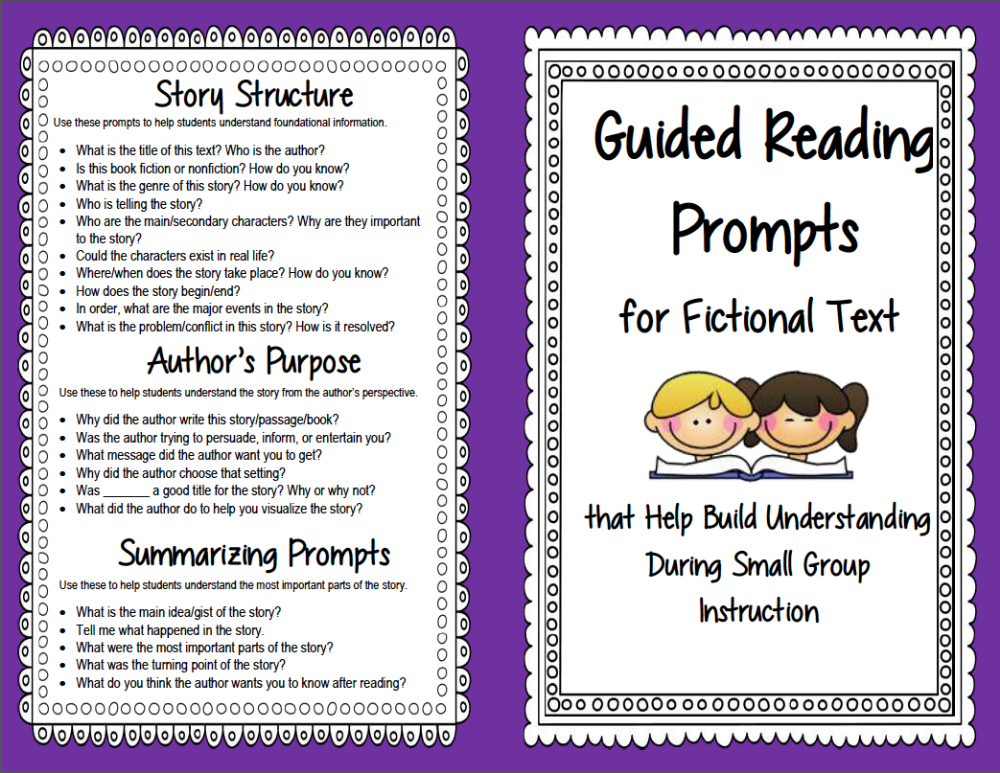
Other Tips to Help Your Children Learn to Read
Besides reading out loud to your children, there are other things you can do to encourage literacy.
- Listen to your child read out loud. Once they learn to read, encourage them to read to you. This helps them build confidence in reading. The goal with reading aloud is for your child to understand the story. So if they need help pronouncing a word, tell them how it's said instead of making them sound it out — that way, they don't lose their place or the meaning of the sentence. If your child accidentally uses a word that doesn't make sense, have them go back and reread the sentence.
- Praise your child's reading. As your child learns reading, offering praise helps them gain confidence.
- Make reading time part of your daily routine. Daily reading time creates a routine that lets your child know reading is part of everyday life. Many families choose bedtime as their preferred reading time.
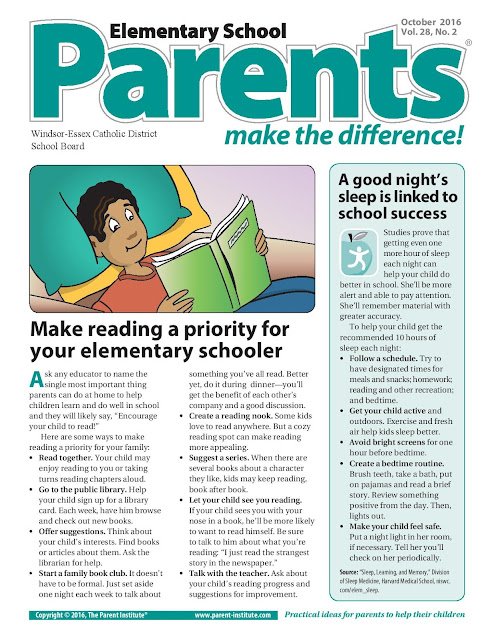
- Leave books in your kid's bedroom. That way, they can look at them and enjoy them whenever they want.
- Let your child complete sentences. If your child learns the words in their favorite books, let them finish the sentences or "read" the whole book out loud.
- Read books your child likes. This helps them to engage with reading time and enjoy it more.
- Remember, anyone can teach reading. Some parents think that only teachers can teach reading to children. But parents can, too. Reading is an essential life skill.
- Be patient. If your child shows no interest in a book, don't force it. If your child tries to write a word and gets a letter wrong, they still deserve praise. Patience and praise are more helpful for a child's learning to read than getting frustrated or yelling.
-
Talk to your children. Exposing your child to new words and language can help their literacy skills.
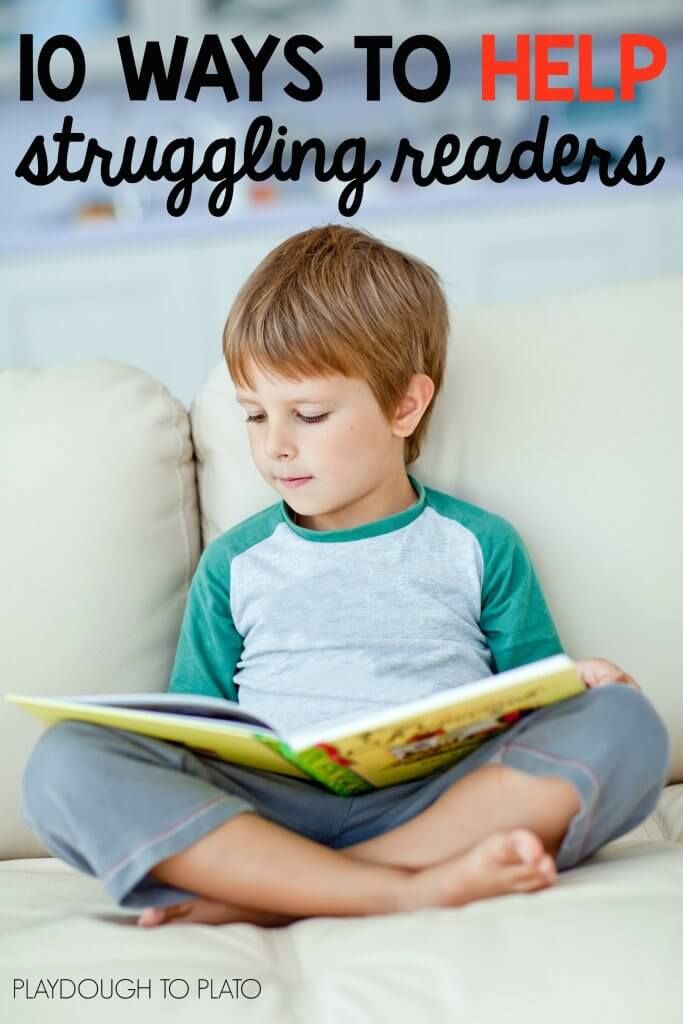 Talking to your baby a lot, for example, can help them become better readers later on.
Talking to your baby a lot, for example, can help them become better readers later on. - Encourage writing. Writing is part of literacy. Provide writing tools like crayons, pencils, and markers. Encourage your child to write, even if it's just scribbling. One idea is to write your child a letter and ask them to write one back.
- Have your child tell you a story and write it down. Ask your child to tell you a simple story. Write it down and then read it back to them while pointing at the words.
- Teach your child phonics. There are countless products available that help children learn the sounds that are associated with letters. This helps them to sound out words as they are learning to read. You can also just use paper and a pencil to help them learn this skill. Research shows that when children don't know phonics, they struggle more with reading.
- Avoid "leveled" reading programs.
 Some people believe that children who get frustrated by reading difficult material will get turned off by reading. But experts say that children learn more when they're exposed to more challenging reading material. Easy-level books often train children to rely on word memorization because they often use the same words over and over. They also train children to rely more on pictures. That can lead to slower reading development. It's best if children are exposed to a variety of challenges in their reading materials.
Some people believe that children who get frustrated by reading difficult material will get turned off by reading. But experts say that children learn more when they're exposed to more challenging reading material. Easy-level books often train children to rely on word memorization because they often use the same words over and over. They also train children to rely more on pictures. That can lead to slower reading development. It's best if children are exposed to a variety of challenges in their reading materials. - Talk to teachers. Ask your child's teachers about their reading program and how they teach literacy. Look for them to include phonics, reading out loud in class, vocabulary, and writing practice.
What to Do if Your Child Is Having Trouble With Reading
If your child's reading is not progressing, you should work with their school to get testing done. That way, you can find out if your child has a learning difficulty or difference, or if it's simply that the reading program in their class doesn't work for them.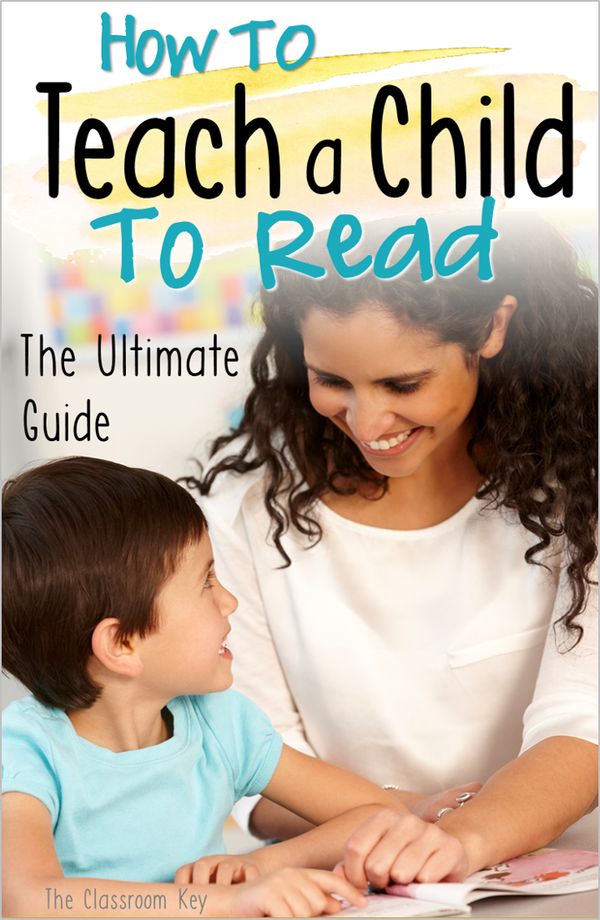 If your child does get diagnosed with a learning difference, like dyslexia, they're entitled to receive extra services from their school for free.
If your child does get diagnosed with a learning difference, like dyslexia, they're entitled to receive extra services from their school for free.
You can also hire a tutor to help your child improve their reading. Free tutoring may be available for students from low-income families.
At home, provide ongoing emotional support to keep your child from getting discouraged.
Resources for Struggling Learners Ages 6-7
The time between ages 6 and 8 is a crucial one in the development of literacy skills, including decoding. If your child is struggling with learning to read, now is the time to find the tools and strategies to bridge that transition. If you continue to have questions and concerns, set up time with your child’s teacher to ask questions and find out more. The newest research on literacy development in children emphasizes the importance of providing reading interventions as soon as possible.
For more information, find out early signs of a reading difficulty, 8 ways parents can seeking help if their reader is struggling, and why it's important not to wait.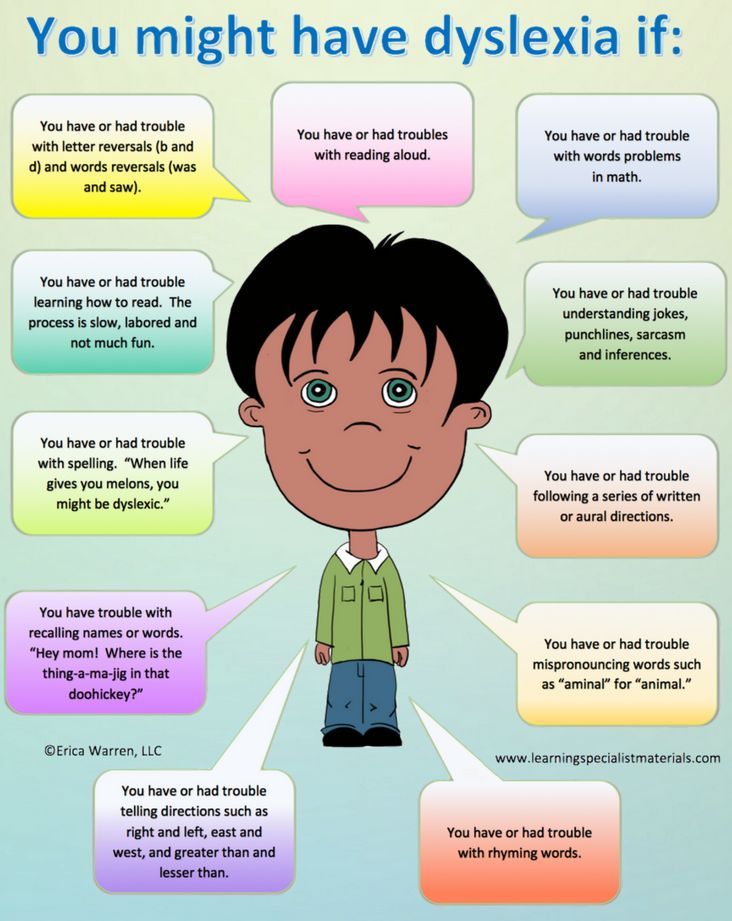 It is much easier to support children at this age than to have to play catch-up later!
It is much easier to support children at this age than to have to play catch-up later!
Try these strategies to help build your child's literacy:
- Keep Reading Aloud!: Although a main goal of this age group is to learn to be independent readers, the books they can read on their own are often stilted with controlled text. Keep reading interesting picture books and chapter books to expand your child’s comprehension abilities, vocabulary, and sense of wonder about stories! Ask questions along the way to allow your child to continue to develop comprehension skills while her decoding abilities are coming online.
- Character Magnets: Find a character or series they like: Clifford, Henry and Mudge, Fancy Nancy, etc. Color copy onto card stock some of the main characters (or have your child draw them!), cut them out, and put magnets on the back. Get magnetic poetry types of words for the fridge or washer (or cookie sheet). Let your child “write” and act out stories! You can also cut out words from magazines or the computer and put magnets on the back.
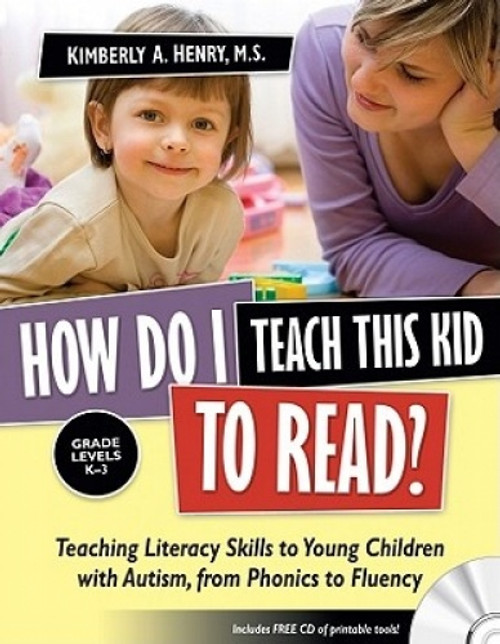
- Magnetic Words: Add magnets to Scrabble letters and help your child sound out and create 3- and 4-letter phonetic words or sight words.
- Word Wizard App is a terrific app that allows your child to build and sound out words independently. You can use the app’s word lists or add your own. Its advanced text-to-speech capabilities and fun visual rewards will have your child asking for “more spelling practice please!” Choose the phonetic sounds of letters in the settings menu. The app is $2.99 but worth it.
- BOB Books Reading Magic Lite app has simple text, fun activities, and is all phonics based. This is a great starting place for struggling readers.
- Write a letter: What better way to encourage reluctant writers than to motivate them! Invite your child to write to their favorite Disney character. In about 6 weeks, they will get a signed postcard! Save this address:
Walt Disney Company
Attn: Fan Mail Department
500 South Buena Vista Street
Burbank, CA 91521
- Play board games: There are many skills children use when playing board games -- from reading the directions to building vocabulary through games like Boggle or even Hangman.
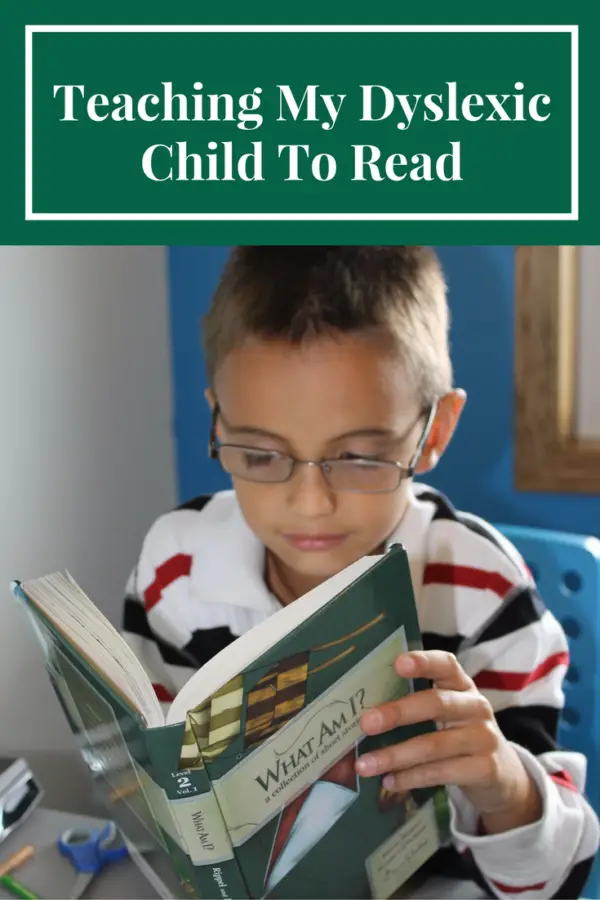 Developing literacy skills can be loads of fun!
Developing literacy skills can be loads of fun! - Choose-your-own-adventure (CYOA) stories: Helping kids discover the joy in reading can be a challenge, especially when they find decoding the words or understanding the text difficult. One fun way to excite reading is through CYOA books. There are books with many levels (e.g., The Haunted House vs The Abominable Snowman, both by RA Montgomery). Or try out a graphic novel CYOA like Meanwhile by Jason Shina for more visual learners (and those wanting less text). Some fun online variations:
- Seussville Storymaker is a different kind of CYOA where your child selects scenes, music, dialog, etc. For a 3-scene Horton the Elephant story; the computer will “sew” together the animation for you.
- Choice of the Dragon, again, has no audio, but it does have an exciting topic.
- Addy’s Escape to Freedom: Read American Girl Addy’s CYOA story.
- Niki’s Adventures is about the adventures of a hummingbird in Canada.
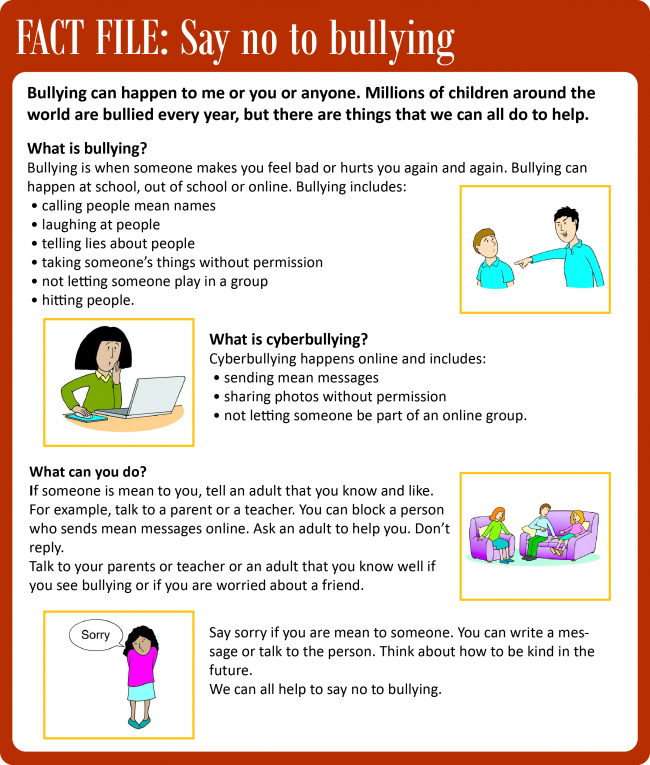 It has no audio, but text is relatively simple.
It has no audio, but text is relatively simple. - Spin the Wheel: There is nothing better for struggling learners than a sense of choice about their work. Let your child spin the Scholastic Computer lab wheel and have fun clicking around and learning.
- Storybuddy Lite app: Your child can draw directly on the screen, type text, and make fun storybooks that you can share.
- ABC Spelling Magic 1, 2 & 3 apps help your child build short, phonetic words, consonant blends, and then 5-7 letter words with consonant blends and syllables.
- Aesop’s Quest app is a wonderful app that emphasizes comprehension in a fun way. Children use what they remember of the story to advance levels. For grades 2-6.
- Pic Lits is a fun and simple site for kids who dislike writing. They choose an image and drag “magnets” to create a simple saying or story. While doing so, they will unknowingly be learning how to search alphabetically, and be exploring how to use parts of speech.
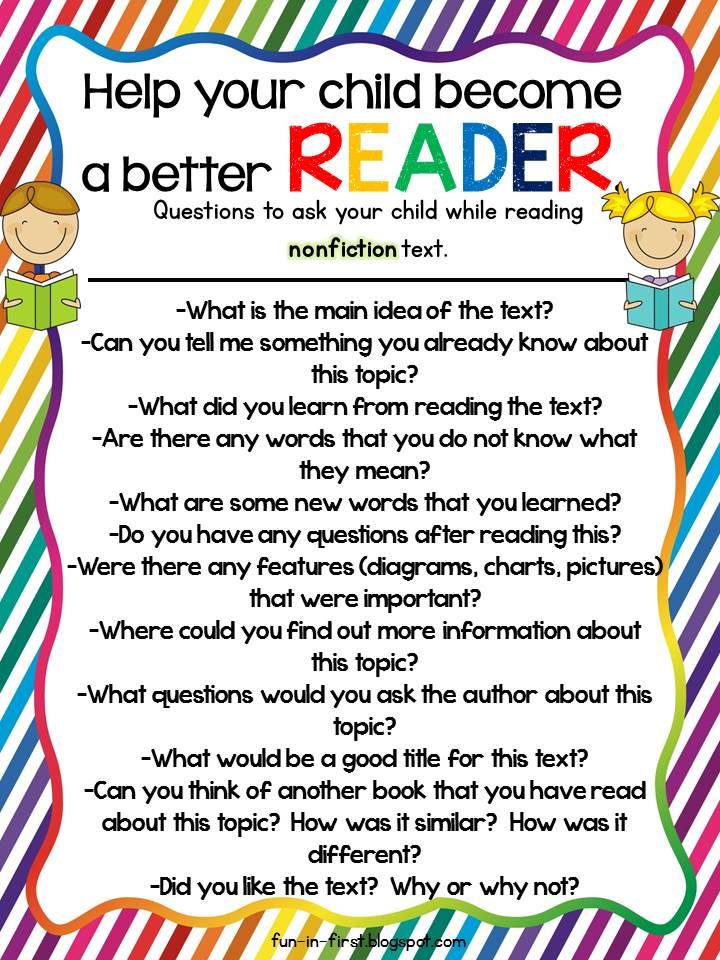
Featured Book
learn more
GRADES
Reading Comprehension
Challenges & Disabilities
Literacy
Reading Intervention
Literacy
Early Reading
How to help your child fall in love with reading? 10 tips from a psychologist.
Do you notice how rare it is now to meet people reading, for example, in transport?
But, it would seem, now with the advent of numerous electronic "readers" everything has become much easier. It is easier to get the right book, easier to carry it with you not in the form of a pood volume, but in the form of a miniature device. But for some reason, the majority prefers to drive some ball or shoot on the same device. It's easier. You don't have to think.
Reading is a labor intensive process. After all, it is necessary not only to put letters into words, and words into sentences, but also to understand the meaning. And most importantly, create an image of what you read in your own mind.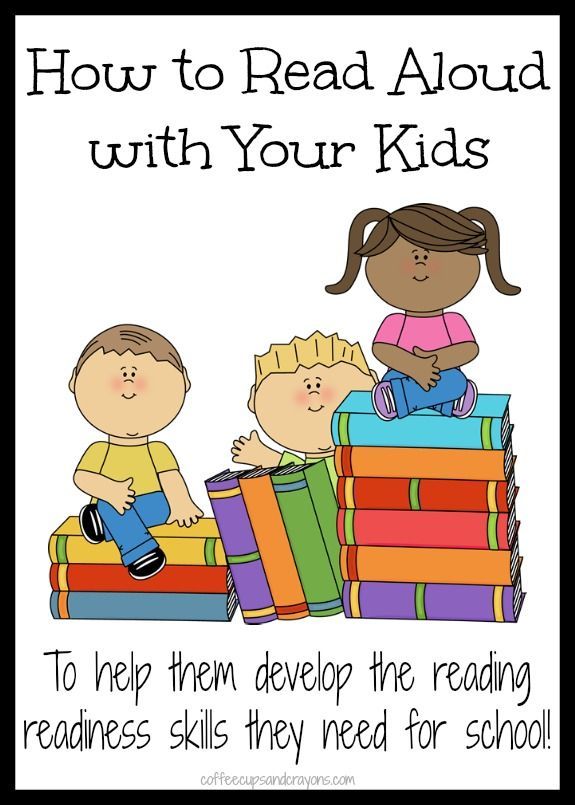 For a person, especially a child, who is used to receiving ready-made images from TV, this is a difficult job, because his imagination is not trained.
For a person, especially a child, who is used to receiving ready-made images from TV, this is a difficult job, because his imagination is not trained.
Even if the majority of adults prefer entertainment "for free", what can be demanded from a child for whom even the very process of folding letters into words is still difficult?
There are two reasons for this plight of reading - the easily accessible entertainment of television images and, oddly enough, the school. Often reading books from the compulsory school curriculum is perceived by the child as meaningless and hard work. How can we solve this problem, how can we help the child fall in love with literature and enjoy it? After all, people who do not read have poorer speech, as a rule, their imagination is not developed, and they write less competently.
Here are 10 tips to help you:
1. First of all, create a culture of reading in your home.
If a child does not see you enjoying a book, then he himself is unlikely to become an active reader.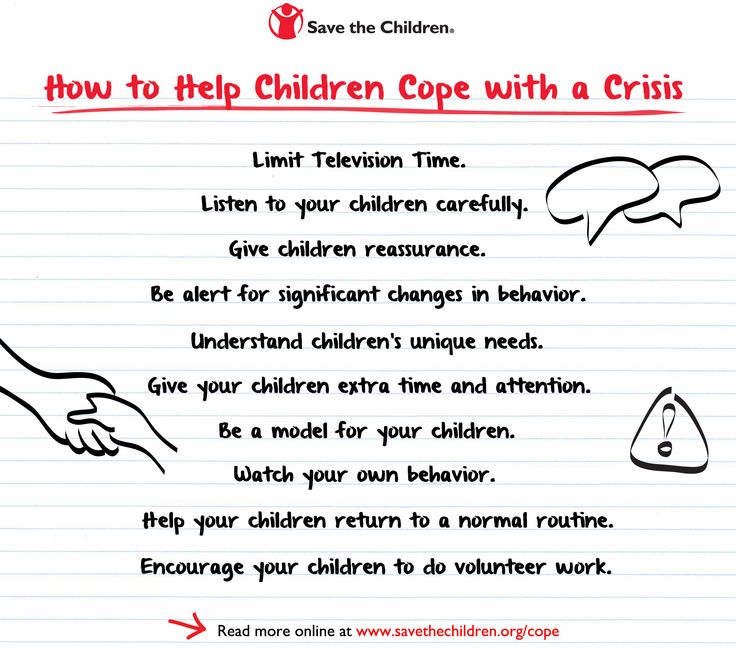 After all, children are taught not by our words, but by our actions.
After all, children are taught not by our words, but by our actions.
2. Family reading aloud.
If possible, involve other family members in this activity. And read to each other. Choose a book on a topic that interests your child. By the way, think about how well you know his interests?
Do not ask the child to read to you yet, let him only listen if he wants to. You can simply tell him, “Dad found a very interesting book about... (the child's favorite topic) and wants to read it to me. If you want, you can listen too.”
Have a parent read an interesting passage from the book. And then adults can start discussing what they have read among themselves. Ask the child, what does he think?
Thanks to this activity, you will enjoy yourself, improve the atmosphere at home, and show your child that reading is a process that many people enjoy. In addition, while listening, the child develops creative imagination, which will help him in the future.
And take the time to read aloud to your child. This is not only an introduction to reading. These are moments of closeness that you will remember when the child grows up.
3. Deficit and challenge.
At the initial stage of learning to read, it is very important to do it casually, without any explanations, edifications and requests to the child to read for himself. Better, on the contrary, create a feeling of scarcity and inaccessibility of the book you are interested in, if the child asks for it, you can answer: “I myself want to read more. Okay, I'll give you this book, just for a while, I really want to read for myself what's next. And you still need to do your homework."
You can even add that the child is still too small for this book, that he will not understand everything. Such a challenge will encourage many children to prove that they are already smart and adults.
In this approach, the most important thing is that you yourself should be interested in this book, because otherwise the child will instantly feel false.
4. Draw illustrations.
Especially while the child is small, draw together with him illustrations for the book you are reading to him. Most children enjoy drawing, especially if you help. This will attract additional attention and love for the book, will provide an opportunity to discuss what the child remembers and impressed. And it will help develop the imagination.
5. Start easy and fun.
First determine for yourself why you want your child to read? So that he could master the school curriculum, and you wouldn't be ashamed of him? Or do you want to interest him in reading as a source of joy, interest and knowledge?
In the beginning, offer the child books that will be entertainment and joy for him. Which will be easy for him to read, according to his age. Let it be adventure, fantasy, stories about animals or first love - if only the child was interested. And when he loves reading, then it will be possible to offer him something more serious and difficult.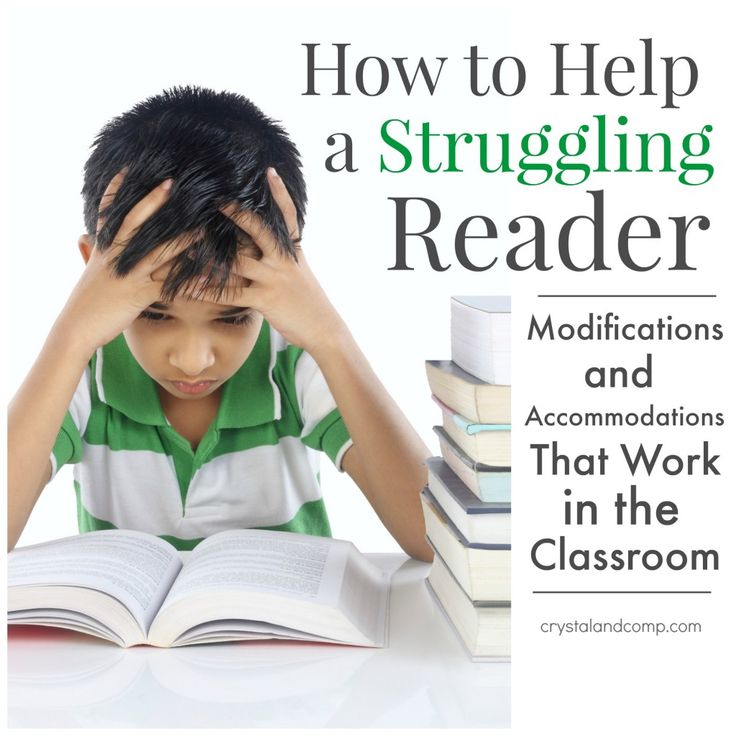
Of course, we want the child to be well acquainted with the classics. But the school curriculum offers, for example, Radishchev's Journey from St. Petersburg to Moscow. As a result, reading difficult, obscure works, and even written for adults, and more than two centuries ago, can completely discourage the novice reader.
6. Read the work in advance, before it is analyzed at school.
Quite often, in literature lessons, one chews and analyzes a work for so long and boringly that one becomes sick of it. After all, a work is often dissected as if the task of a school course is to prepare literary critics.
Therefore, it is better for a child to read, for example, "Crime and Punishment" as a detective story, and only then they will take it to pieces in the lesson.
7. Read the story at the same time as your child.
When your child needs to read a large, serious work, such as War and Peace, start reading with him at the same time.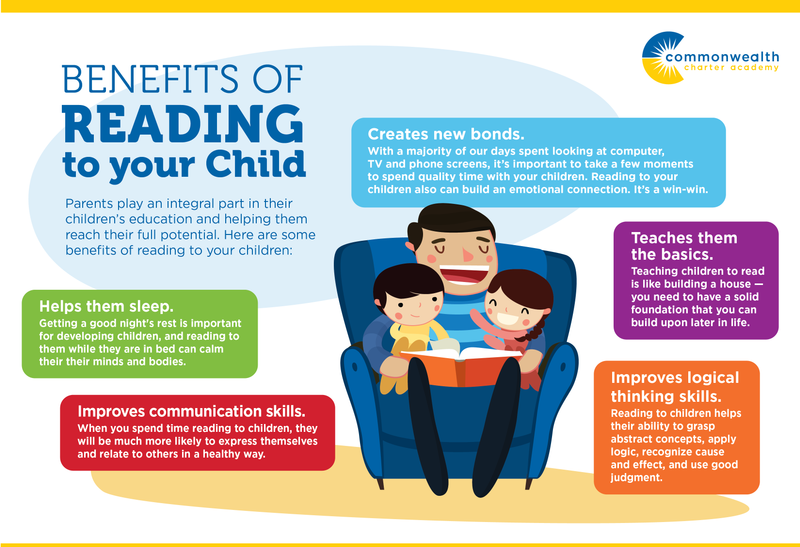 You yourself will enjoy, perhaps missed in your school years for the above reasons, and get closer to the child, become like-minded people. Share with him your findings and thoughts, explain difficult places.
You yourself will enjoy, perhaps missed in your school years for the above reasons, and get closer to the child, become like-minded people. Share with him your findings and thoughts, explain difficult places.
8. Organize a reader contest.
You can organize such a competition in your child's class, or invite his friends to join it. We do this in our Courses "Managing the Future" - in trainings for children and adolescents. Offer the children a list of interesting books and announce a competition with an attractive prize, which should take place, for example, in 2 or 3 months. The first place will be taken by the one who read the most and was able to answer questions about the books. And let the rest get consolation prizes.
9. Get a reader.
Preferably with minimal opportunities to play games. Then you will always have interesting books with you. And at any time - in transport, in line - you can read to your child. And when he wants to - give this useful entertainment to him.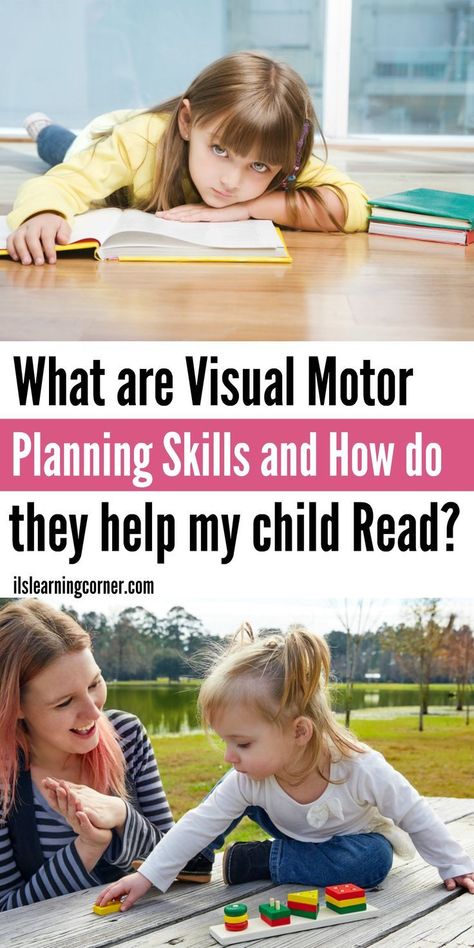
10. Never use reading as a punishment or condition for something else .
You can't say to a child: "You'll read the chapter, then I'll let you watch TV." This will teach the child to think that reading in itself is an unpleasant process. Reading should only be mentioned in the context of pleasure and interest.
I wish you exciting reading together!
Galina Dyatlova
Home
How to help your child fall in love with reading. Seven rules and three principles that don't work
Child development
How to help your child love reading. Seven rules and three principles that don't work
October 14, 2021 29 057 views
Marina Novikova
Reading develops thinking, memory, attentiveness, speech, imagination, literacy, general outlook, gives positive emotions. But for children, these words mean nothing. How can you help them love this process? How to get interested in reading at any age? Psychologist Marina Novikova offers seven practical tips to help adults and children fall in love with reading.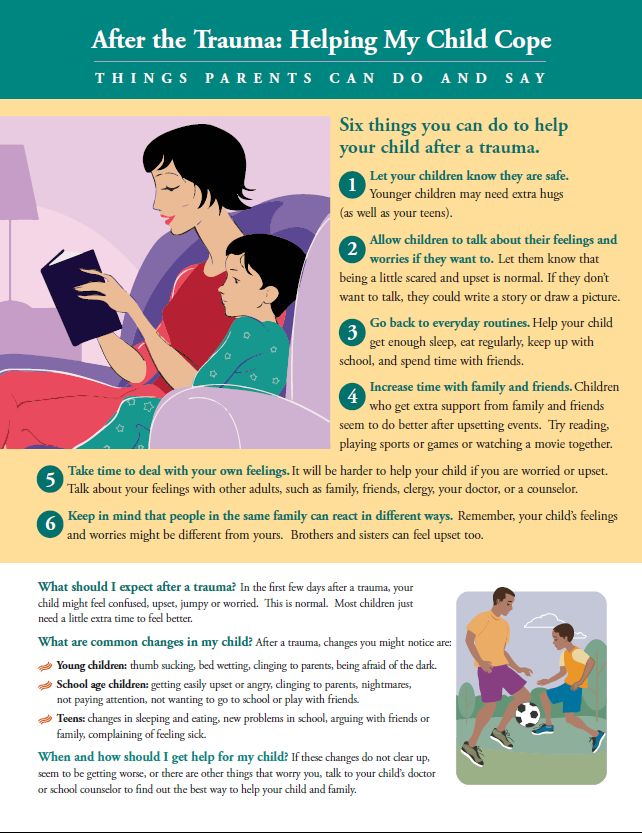
1. Value
Sometimes parents get so caught up in buying books that they forget about the right amount of books. If a child listens or reads all purchases with pleasure, great! If not, you should think about where to put away irrelevant literature for a while. Sometimes we begin to devalue what we have too much. Cultivate respect for books. Remember how in childhood we carefully “repaired” them for the library? Do not allow to tear, throw.
2. Accessibility
Let the child be able to reach the book on their own. Open horizontal narrow shelves are popular, on which parents put the book in such a way that the baby sees the cover, and not just the spine. Take older children to the bookstore, library more often so that they have the opportunity to pick up literature according to their interests.
3. Comfort and aesthetics
This rule is of particular importance for children of all ages: the type in the book should be clear and the illustrations should appeal to the child.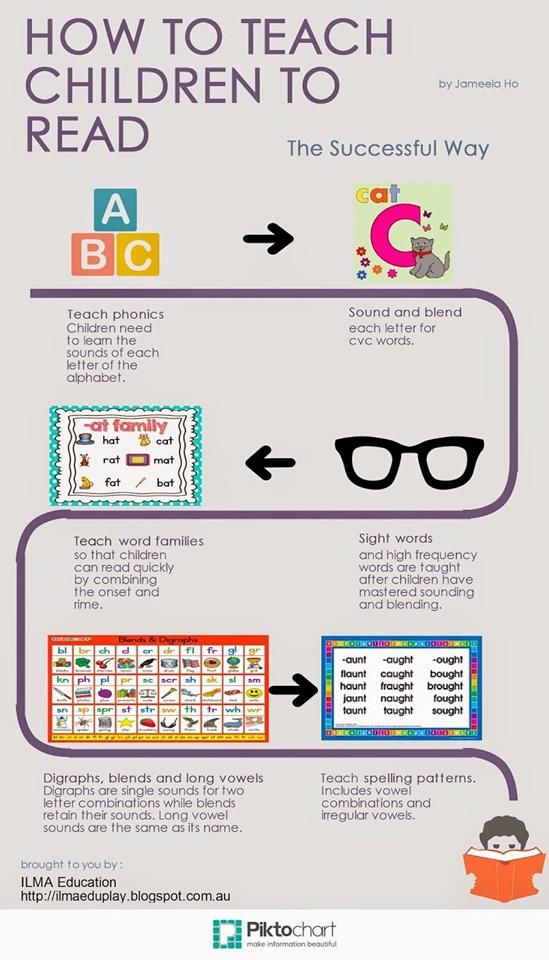 Everything is individual - try, select, pay attention to the reaction and emotions of a small listener or reader. Choose books together!
Everything is individual - try, select, pay attention to the reaction and emotions of a small listener or reader. Choose books together!
4. Offer but don't force
Everything has its time. Violence has not yet led to a positive result for anyone. It's not the quantity that matters, but the quality when it comes to interest. It is better for a child to read one book with pleasure than several for a reward or out of fear. Pay attention to comprehension of what you read, ask to retell aloud, read by roles. Make the process fun. If we are talking about schoolchildren, it is not necessary to master the entire school curriculum. Some works can be read in summary or listened to in audio format. Interest often helps to overcome difficulties.
Read out loud more often. The Bunny Who Wants to Sleep book. Photo by the author
5. Creativity and interests
Offer not just to read a book, but to draw an illustration, mold a character, come up with a different ending.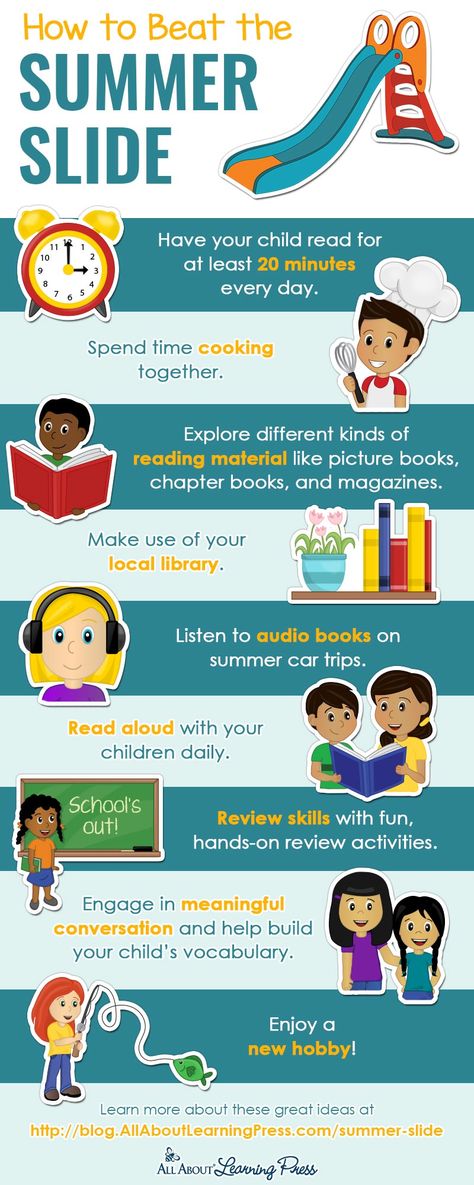 Or try to compose a story together “what happened next?” Link your child's interests to reading. What is important to him now? Some are fond of poetry, others - prose, others - scientific literature. What interests your child? What worries him now? Start from his needs.
Or try to compose a story together “what happened next?” Link your child's interests to reading. What is important to him now? Some are fond of poetry, others - prose, others - scientific literature. What interests your child? What worries him now? Start from his needs.
6. Time
Sometimes we give up too soon or wait for quick results. Give your child and yourself time. Take it step by step, be consistent.
7. Personal example
Perhaps we should have started from this point. How often does a child see you with a book? Do you discuss what you read aloud? Read what interests you. Try to make adult books not only in electronic format. Sometimes parents say: “Yes, at his age I have already read so many books! And he…” No comparisons needed. All different. You don't have a competition. Let reading be a pleasure.
1. Incentives, gifts, payments. Sometimes parents think that extrinsic motivation can help. And that's right. It will work great today, but not in the future.